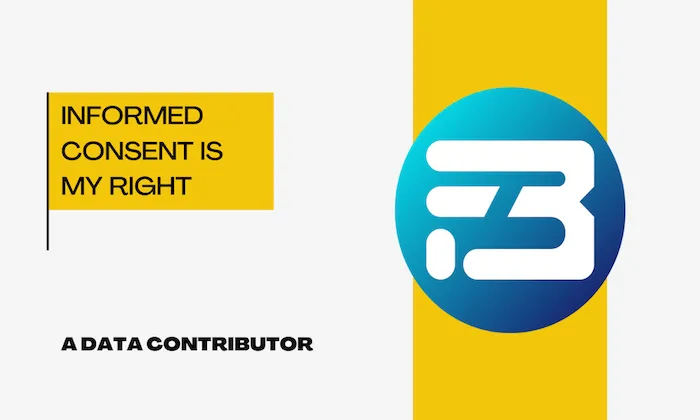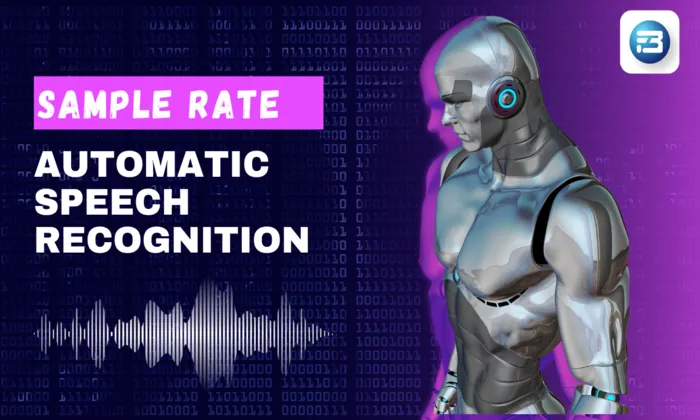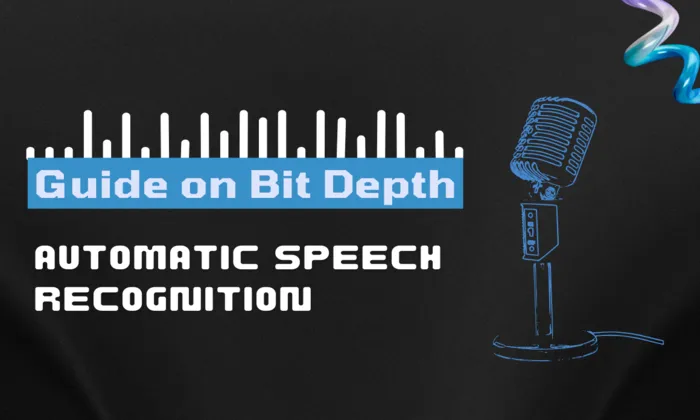Are there datasets supporting voice-activated infotainment systems?
Voice Recognition
Infotainment Systems
Datasets
Voice-activated infotainment systems are transforming how we interact with our vehicles, offering hands-free control for navigation, communication, and entertainment. At the heart of these systems are specialized in-car speech datasets. These datasets are pivotal for developing AI models capable of understanding and responding to human speech amidst the unique acoustics of a vehicle. Here’s a closer look at how these datasets are reshaping automotive AI and why they matter.
Understanding In-Car Speech Datasets
In-car speech datasets are collections of audio recordings captured within vehicle interiors. These recordings feature both spontaneous and prompted speech from drivers and passengers in various driving conditions. The intricate acoustic environment of vehicles, characterized by engine noise, road sounds, and variable microphone placements, necessitates these specialized datasets to train AI models effectively.
Why Specialized Datasets Are Critical
Overcoming Acoustic Challenges
Developing voice-activated systems for vehicles requires addressing several acoustic hurdles:
- Background Noise: Engine noise, tire friction, and ambient traffic can obscure speech clarity.
- Microphone Variability: Microphones placed differently across vehicles introduce diverse distortion profiles.
- Dynamic Environments: Conditions such as open windows and active air conditioning further complicate audio capture.
Specialized datasets ensure AI models can generalize and perform reliably under these real-world conditions.
How In-Car Speech Datasets Work
Data Collection Methodology
Data collection for these datasets involves a structured approach using platforms like Yugo, which supports crowd-sourced recordings from native speakers. Recordings are made in both stationary and moving vehicles across varied terrains, ensuring a wide range of acoustic scenarios. Quality control, metadata tagging, and speaker validation are integral to this process.
Types of Speech Captured
The datasets include a variety of utterances:
- Wake Word Utterances: Commands that activate the system.
- Single-shot Commands: Direct instructions for immediate action.
- Multi-turn Dialogues: Complex interactions requiring system responses.
- Emotional Utterances: Speech reflecting stress or urgency, critical for emotion-aware applications.
Real-World Applications & Use Cases
In-car speech datasets power numerous AI applications:
- Voice-Enabled Infotainment Systems: Users can control media, navigation, and calls via voice, enhancing engagement and safety.
- Driver Assistance: Hands-free operation of vehicle functions increases convenience and safety.
- Emotion-Aware AI: Systems can detect and respond to the driver's emotional state, improving comfort and safety.
For example, a luxury EV brand used a dataset with 500 hours of spontaneous speech to develop a multilingual voice assistant, significantly improving user interaction.
Overcoming Common Challenges
Ensuring Data Quality and Annotation
High-quality data and precise annotations are crucial. Challenges include:
- Noise Labeling: Accurately tagging background noises like rain and engine sounds ensures model robustness.
- Diverse Speaker Demographics: Including varied age, gender, and dialect ensures unbiased model performance.
Comprehensive annotation strategies enhance model training and effectiveness.
Emerging Trends in In-Car Speech Datasets
As technology advances, in-car speech datasets are evolving to support:
- Multi-agent AI Systems: Enabling seamless interaction among multiple vehicle systems.
- Emotion-Rich Dialogue Data: Capturing nuanced emotional interactions for empathetic AI systems.
- Federated Learning: Allowing models to learn from user interactions while maintaining privacy.
Selecting the Right Dataset
When choosing an in-car speech dataset, consider:
- Customization Options: Look for datasets that can be tailored for specific vehicles, languages, or acoustic profiles.
- Integration Compatibility: Ensure datasets work seamlessly with frameworks like TensorFlow or PyTorch.
Driving Towards Innovation
High-quality in-car speech datasets are essential for developing advanced voice-activated infotainment systems. By investing in these specialized datasets, organizations can reduce error rates, enhance user trust, and accelerate product deployment. FutureBeeAI offers both ready-to-use and custom-built datasets, poised to unlock the full potential of your AI applications. Partner with us to elevate your voice-activated solutions today.
What Else Do People Ask?
Related AI Articles
Browse Matching Datasets
Acquiring high-quality AI datasets has never been easier!!!
Get in touch with our AI data expert now!








